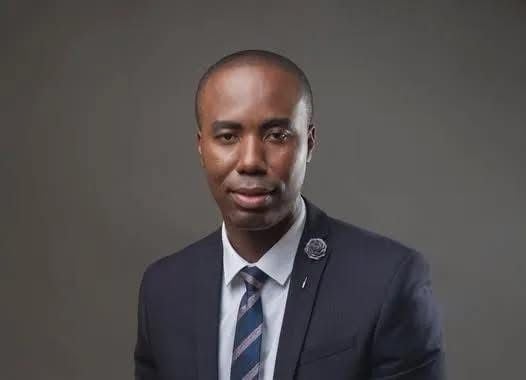The Accra High Court’s decision to remand Kwabena Adu-Boahene, the former Director-General of the National Signals Bureau (NSB), into the custody of the Economic and Organised Crime Office (EOCO) marks a significant development in an unfolding corruption scandal that has rocked Ghana. The seven-day remand, commencing on Thursday, May 1st, and extending until Monday, May 13th, provides the Attorney General’s Department with crucial time to finalize witness statements and consolidate their case against Adu-Boahene and his alleged accomplices. The charges, which include stealing, defrauding by false pretences, causing financial loss to the state, money laundering, and using public office for profit, paint a picture of a complex scheme allegedly orchestrated to siphon millions of dollars from state coffers. The gravity of these accusations underscores the potential ramifications of this case, not only for the individuals involved but also for public trust in governmental institutions.
The crux of the allegations revolves around the misappropriation of over GH¢49.1 million, equivalent to approximately $7 million at the time of the alleged offences. This substantial sum was purportedly diverted through a network of fraudulent contracts and payments funnelled to companies with direct links to Adu-Boahene and his wife, Angela Adjei Boateng. Among the companies implicated are Advantage Solutions Ltd, Vertex Properties Ltd, Vertex Solutions, and BNC Communications Bureau Ltd. The intricate web of corporate entities allegedly employed in this scheme suggests a premeditated effort to conceal the illicit flow of funds and obfuscate the trail leading back to the accused. The involvement of Adu-Boahene’s wife further complicates the narrative and raises questions about the extent of her participation in the alleged criminal enterprise.
The Attorney General, Dr. Dominic Ayine, first brought this case to public attention in March when he announced the arrest and detention of Adu-Boahene and other individuals implicated in the scandal. He characterized their actions as a “criminal enterprise,” highlighting the organized nature of the alleged scheme. The inclusion of Mildred Donkor, a former employee of UNB Bank, amongst the accused suggests a potential breach of financial protocols within the banking system, possibly facilitating the movement of the misappropriated funds. This element adds another layer of complexity to the investigation and raises concerns about the potential vulnerability of financial institutions to exploitation for illicit purposes.
The remand of Adu-Boahene allows EOCO to conduct further investigations, gather additional evidence, and secure the cooperation of potential witnesses. This period is critical for building a robust case against the accused, ensuring that all relevant information is collected and analyzed before formal charges are presented. The Attorney General’s request for this remand underscores the seriousness with which they are pursuing this case and their commitment to holding those responsible accountable for their actions. The outcome of this investigation could have significant implications for the fight against corruption in Ghana, potentially serving as a deterrent to future misconduct within public office.
The allegations against Adu-Boahene represent a betrayal of public trust and a blatant disregard for the responsible management of public funds. The National Signals Bureau, by its nature, deals with sensitive information and national security matters. The alleged involvement of its former Director-General in such a scandal raises serious concerns about the potential compromise of sensitive data and the integrity of the institution itself. Restoring public confidence in the NSB and other government agencies will require a thorough and transparent investigation, followed by decisive action against those found culpable. The government’s response to this case will send a clear message about its commitment to upholding the rule of law and combating corruption within its ranks.
The unfolding events surrounding the Adu-Boahene case will be closely watched by both the Ghanaian public and international observers. The outcome of this trial will have far-reaching consequences, impacting not only the lives of the individuals involved but also shaping the perception of Ghana’s commitment to tackling corruption. A successful prosecution could serve as a powerful deterrent, signaling to potential wrongdoers that such actions will not be tolerated. Conversely, any perceived lack of transparency or accountability in the handling of this case could further erode public trust and undermine efforts to strengthen good governance and the rule of law. The court’s decision on May 13th will mark the next critical juncture in this high-stakes legal battle, setting the stage for what promises to be a closely scrutinized trial with significant implications for Ghana’s future.


